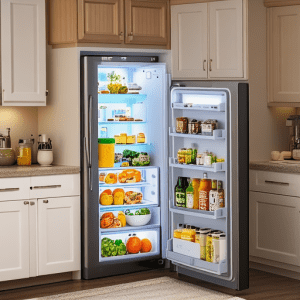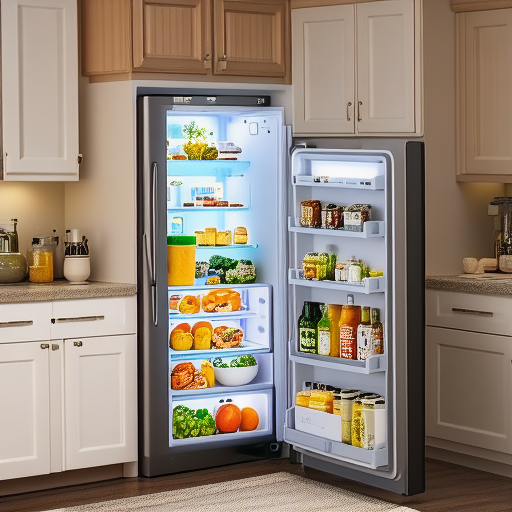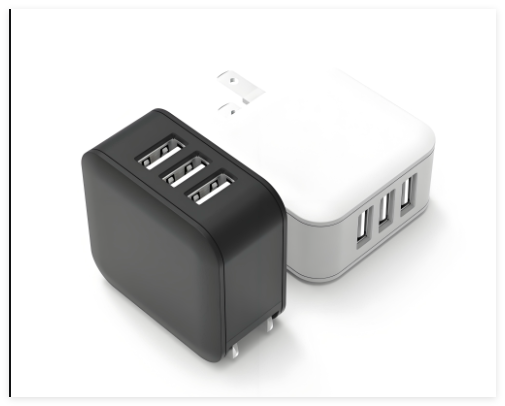How can smart home appliances help manage household clutter?
First and foremost, the essence of smart home appliances lies in the term “smart.” This is not merely a simple label; it represents a completely new concept of life—using technology to serve humanity and making life simpler and more efficient. According to statistics from the International Data Corporation (IDC), the global shipment of smart home devices is expected to reach 1.46 billion units in 2023, with a year-on-year increase of over 20%. This data not only showcases the broad prospects of the smart home appliance market but also reflects people’s desire for a smart lifestyle.

So, how can smart home appliances help manage household clutter? We can explore this from the following aspects:
- Space Optimization: Smart home appliances, with their compact design and multifunctionality, can effectively save space. For example, smart refrigerators can not only store food but also monitor the freshness and quantity of food through built-in cameras and sensors, thereby reducing unnecessary purchases and waste.
- Energy Management: Smart home appliances can automatically adjust their operating state according to the family’s electricity usage habits and needs, thus achieving optimized energy use. According to the “China Smart Home Appliance Development Report,” the popularization of smart home appliances can reduce household energy consumption by about 30%. This not only reduces energy consumption but also reduces clutter caused by energy waste.
- Automated Cleaning: Devices such as smart robot vacuum cleaners and smart vacuum cleaners can automatically complete household cleaning tasks, reducing the time and effort required for manual cleaning. This not only improves cleaning efficiency but also reduces clutter caused by the accumulation of cleaning tools and materials.
- Smart Storage: Smart storage cabinets and smart wardrobes can help users better manage the storage of clothing and other items through sensing and data analysis. This smart storage system can not only reduce the waste of space but also reduce unnecessary accumulation of items through regular organization and reminders.
- Environmental Awareness: The popularization of smart home appliances has also driven an increase in people’s environmental awareness. Through data analysis of smart home appliances, users can more clearly understand their energy consumption and resource utilization, thereby consciously reducing waste and promoting sustainable development.
Of course, the development of smart home appliances has also brought some challenges, such as data security and privacy protection issues. According to the “2023 Global Smart Home Security Report,” security issues of smart home devices are becoming increasingly prominent. How to ensure the security and privacy of user data is a problem that the smart home appliance industry urgently needs to solve.
In summary, smart home appliances have not only changed our way of life but have also promoted social progress. As a part of the new energy industry, we have the responsibility and obligation to promote the healthy development of smart home appliances, allowing technology to better serve humanity and making life more beautiful.
Thank you all!




Post Comment